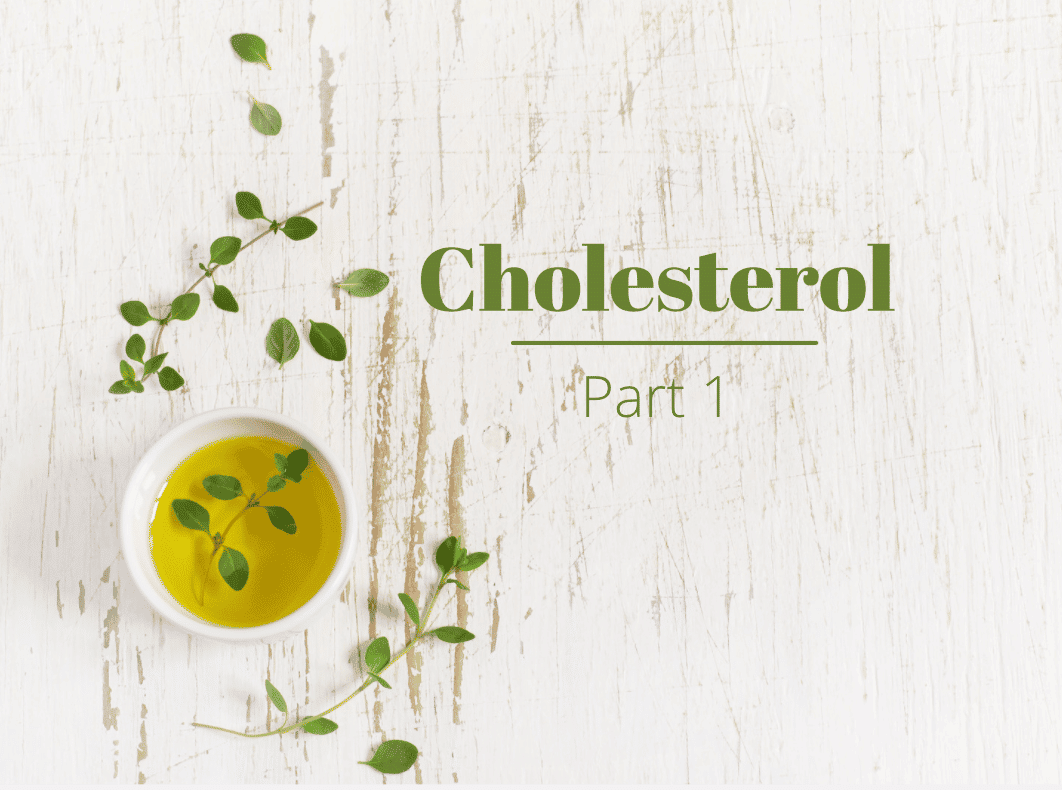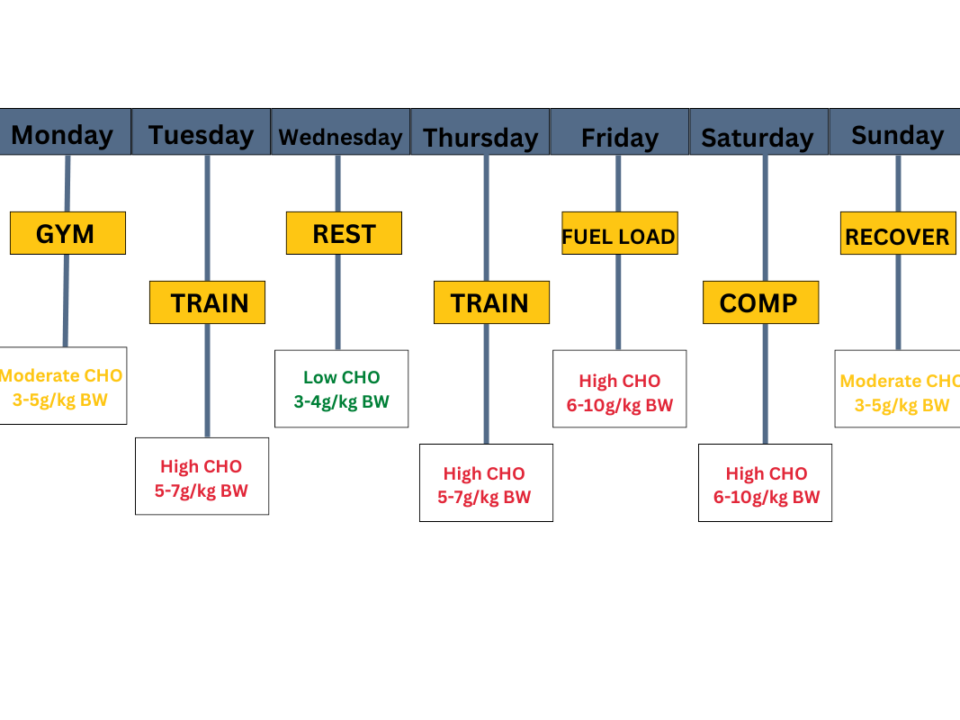We have all been there: eaten too much, drank too much and done practically no exercise over Christmas. And this year especially, perhaps we felt that we needed it more than ever!
Over the past week and in the coming weeks you may see numerous articles in the media about “detoxing your body” and how to “cleanse” your system to repair the damage of the Christmas madness. “Detox” and “juice diets” appear to be more and more common with the list of suggested benefits almost limitless. Sadly however, the health benefits of “doing a detox” are greatly exaggerated and not supported by current science. For example, the rapid weight loss often reported as one of the main benefits occurs largely from a loss of water weight and carbohydrate stores, but importantly, almost no body fat is lost. The reality is that this new “weight loss” is usually replaced within a couple of days of returning to regular eating.
The reality is that “detox” and “cleanse” diets are just that: short-term approaches, and we know that short-term approaches to lifestyle and health offer little in the way of long-term benefits.
Brilliantly, our body is made to do all the detoxing that we need – without silly cleanses or supplements. When setting new targets this January aim to do something that is sustainable for you. We have all heard the statistics about how many people fall off their “diet” and are back to their bad habits by the end of January and that is exactly what you want to avoid. Instead, think about it as lifestyle choices rather than a diet, so let’s look at a sensible and healthy approach to your goals this new year.
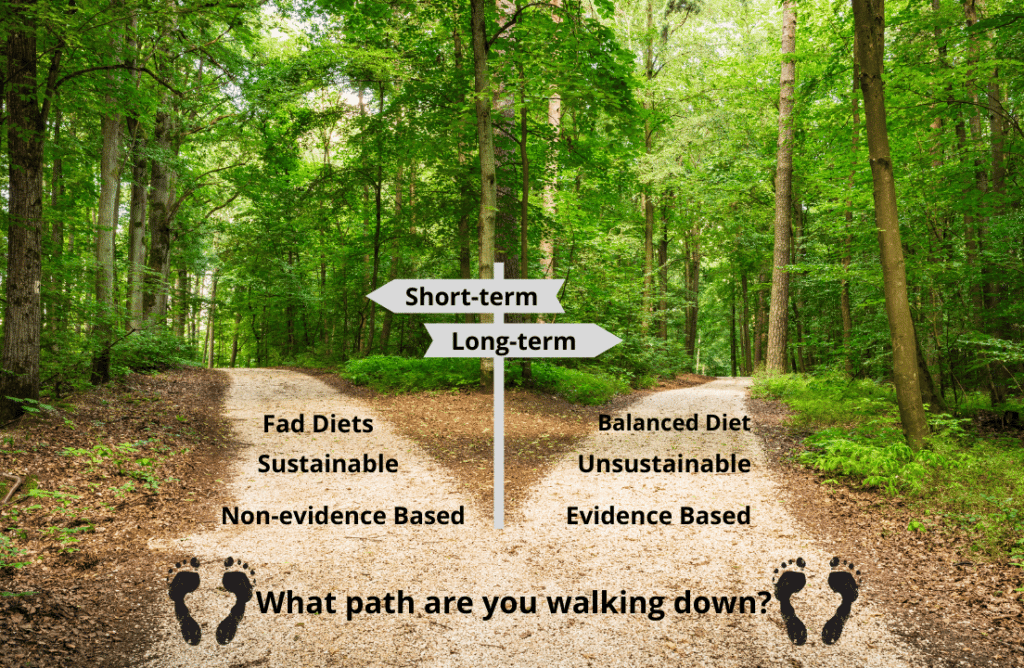
The downside of Christmas
There are potential health implications of over-consumption of alcohol, processed foods, pies, cakes and other treats which may have been consumed over the Christmas period. Look at this list: energy fluctuations, fatigue, moodiness, reduced metabolic rate, increased stress hormones, increased triglyceride (fats in blood) levels, increased insulin resistance and increased VLDL cholesterol levels (bad cholesterol). This is a list of what your body may be experiencing at the moment. Additionally, if you haven’t been exercising, the enzymes in muscles that burn fats as a source of energy are lowered, which means you are more likely to store body fat rather than utilise it as a source of energy.

If you have partied particularly hard this Christmas, you may have also done some damage to your liver. Drinking excessively results in inflammatory responses and production of molecules known as free radicals, which results in liver cell damage causing a sort of scarring. It doesn’t stop there, in relation to excessive food intake something called “fatty liver” can occur if your Christmas binge has lasted weeks rather than days. Fatty liver can occur when we eat to excess and compound this with excess alcohol intake such that the liver struggles to process fats efficiently and instead stores them as fat in the liver. Thankfully, your liver can repair itself with the right approach and many of the other adverse health effects can also be put right with sustained healthy eating and regular physical activity.
Where to start – Your mindset!
Good nutrition can only be accomplished by consistently applying the right dietary habits. The most important aspects in approaching your dietary “reset” and getting back to healthy eating and doing it for the right reasons and then being consistent. Doing something as a token gesture as a short-term attempt of being healthy will offer little benefit to you in the long-term. Make a plan to make the process of eating healthy easier and set some realistic targets.
Simple targets like aiming to increase your fluid intake, eat at least three portions of vegetables per day, don’t eat too late in the evening and so forth, can work well. Other practical suggestions include designing a food shopping list specific to you, buying a healthy recipe book like daveynutrition’s ‘Eat Up, Raise Your Game’, and setting some weekly exercise targets that are all maintainable. These are the practical things that will help you to sustain a healthy eating pattern.

Resetting your dietary habits
What should you do to “fix” or “reset” your diet anytime you feel like you have gone off track? Below are some basic principles you can use to get back on:
- Eat predominantly foods that are unprocessed and whole foods
- Eat more vegetables and less carbohydrate-rich foods (sugary or starchy)
- Incorporate more fresh herbs and spices into meals
- Avoid sugary drinks and stick to water, teas, coffee as your only fluid sources
- A protein-rich breakfast is a good start to the day. Use the filter on the recipe page to find high-protein breakfast recipes!

Taking a holistic approach
If you are looking to really get back on track then devise a clear plan based around your personal nutritional needs. Basing your food choices around minimally processed, whole and natural foods will go a long way to making you feel and look better. daveynutrition has numerous meal plans to suit you, no matter what your goal is! Sign up today to become a PRO member and access your very own meal plan!
Your mind: Do you eat oily fish? Oily fish has repeatedly been shown to benefit the brain in terms of mood and function, so aim to consume some oily fish three times per week. If you struggle to eat oily fish, then it is worth considering taking an omega-3 oil supplement.
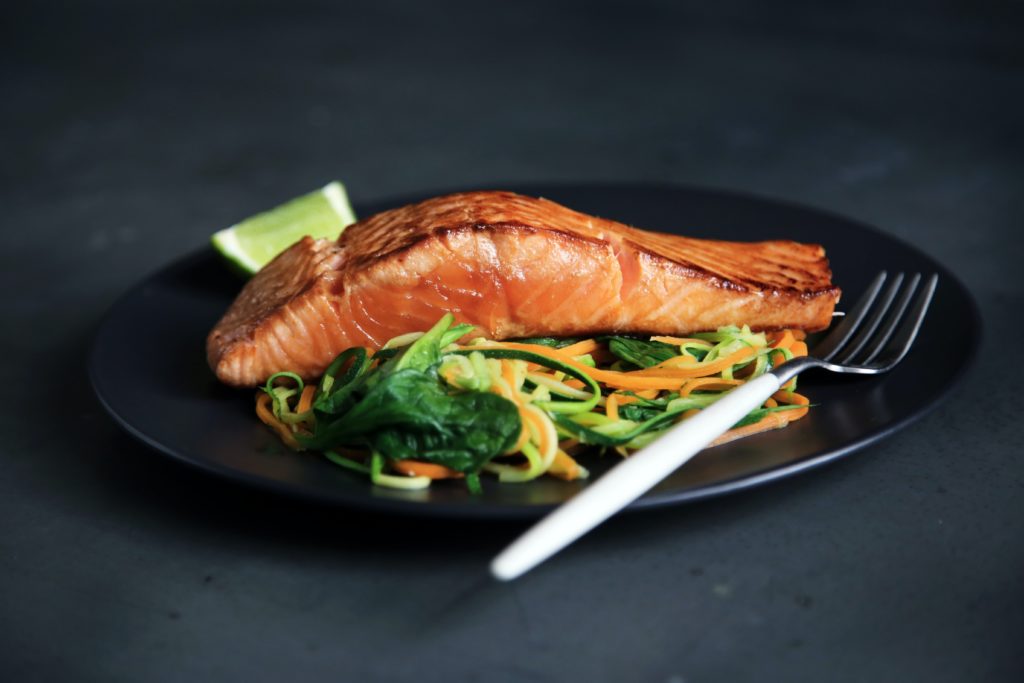
Your gut: With the increasing evidence of health benefits of probiotics including better immune function and reduced incidence of respiratory illness and gastrointestinal infections, a course of probiotics may be a worthwhile strategy for two weeks in order to re-establish the healthy bacteria population in your gut.
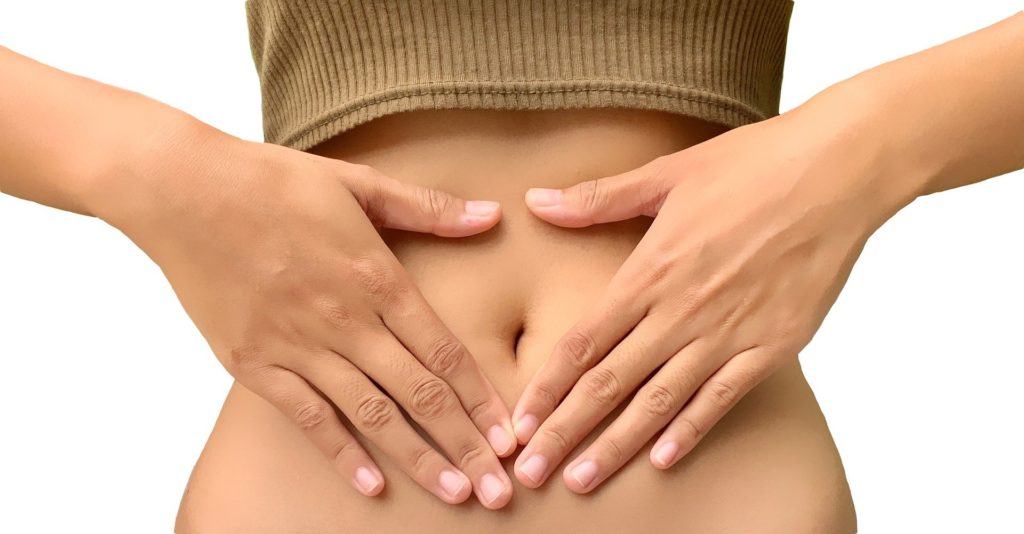
Your general health: Every time that you put something in your mouth, it has the potential to have a positive or negative impact on your body. Aim for these responses to be predominantly positive by eating the right foods.

Sleep: Get back into a regular sleep pattern, i.e. start going to bed and getting up at the same time each day. More and more research is showing the benefits of sufficient sleep like improved immune function, reduced stress hormones, better mood and, maybe most interestingly, better appetite control, which means you are less likely to make unhealthy food choices.

Summary
- Your approach and mindset to your post-Christmas nutrition is as important as the foods you decide to eat.
- Set realistic goals that you can stick to in the long-term rather than trying to do extreme short term fads that offer limited healthy benefits.
- Eating foods that are nutrient and fibre-rich like fresh vegetables and fruits must always be the core of each of your meals.
- If you make predominantly good food choices, you never need to try the short-term approach because your body will be in a constant cycle of “detox” and repair.
- Ensure that your approach to healthy eating is a sustainable one which suits you and your lifestyle!

Check out the daveynutrition Performance Nutrition Calculator to determine your calorie and macronutrient needs based on your lifestyle and goals. Then, based on your calorie target, select a customisable meal plan which best suits you, your training and current nutrition goal.
Don’t forget that our How To page has brilliant videos explaining how best to use the calculator, recipes, articles and how to customise your meal plan. Our FAQ page also has answers to our most common questions.
Happy New Year!



